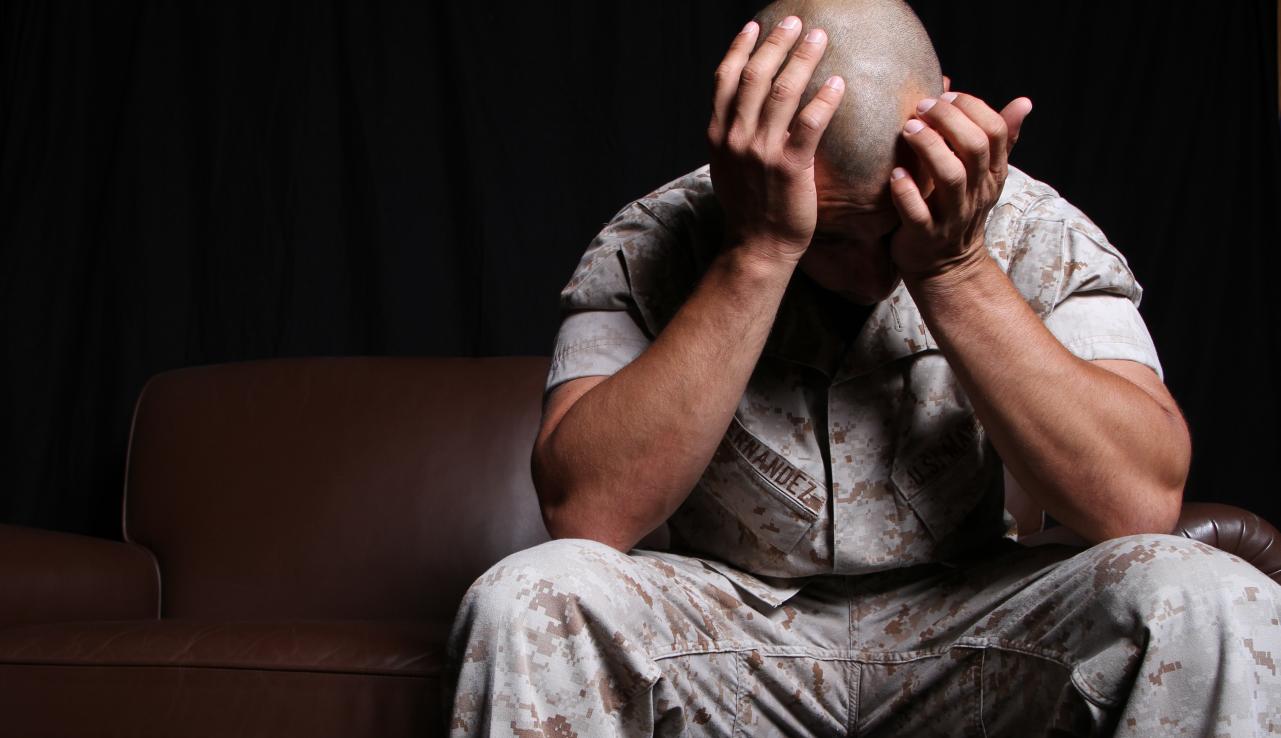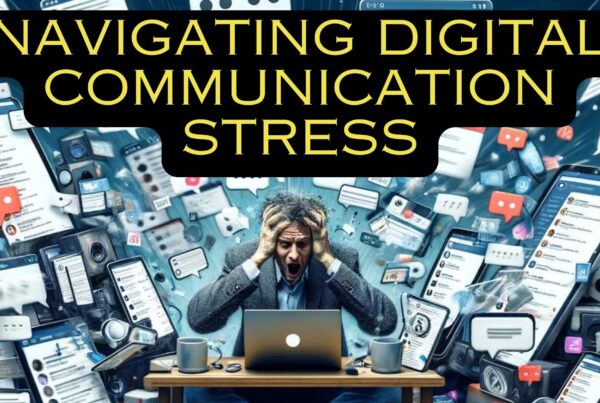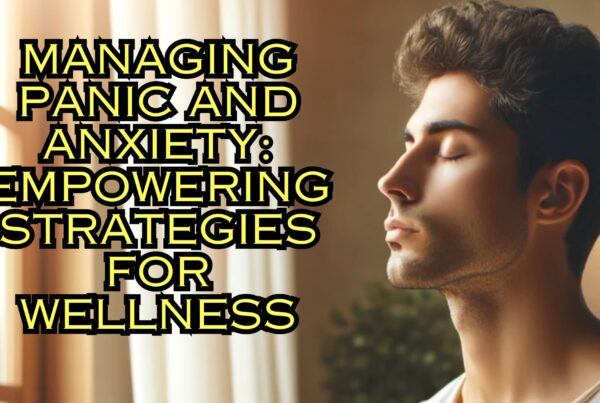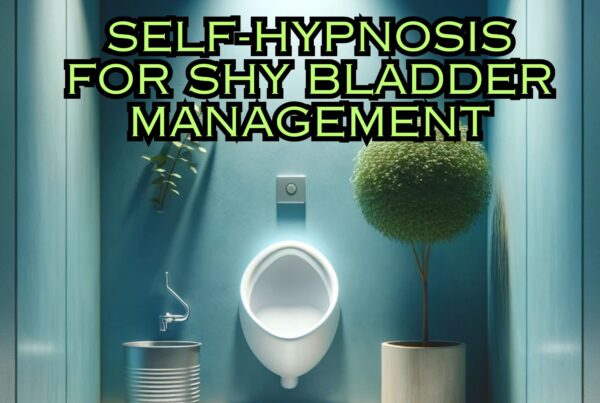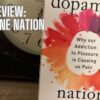A Soldier and a Sex Worker: Unraveling Complex PTSD
The Unexpected Faces of PTSD
When the topic of post-traumatic stress disorder (PTSD) arises, the image of a soldier returning from war often comes to mind. However, a deeper dive into the statistics reveals a more nuanced picture. While soldiers who have seen active service do face PTSD, their rates are comparable to those of police, ambulance personnel, firefighters, and other rescue workers. Interestingly, the general Australian population also shows similar rates, with 8% of women and 5% of men affected.
The Hidden Victims: Complex Trauma
PTSD is most prevalent among groups exposed to complex trauma. This type of trauma is characterized by multiple, chronic, and intentionally inflicted interpersonal traumas, such as physical and sexual abuse, emotional abuse, neglect, persecution, and torture. Populations like sex workers, women escaping domestic violence, survivors of childhood abuse, and Indigenous Australians have been found to be more susceptible to this form of trauma. In these groups, the prevalence of PTSD can range between 40% and 55%.
Distinguishing PTSD from Complex PTSD
The term "complex PTSD" will be introduced in the 2018 edition of the International Classification of Diseases. This specific form of PTSD arises from exposure to extreme, prolonged, or repetitive events that are difficult or impossible to escape from. Examples include repeated childhood abuse or prolonged domestic violence.
While traditional PTSD often results in traumatic flashbacks, disturbed sleep, and dulled responses to external stimuli, those with complex PTSD face additional challenges. They struggle with emotional regulation, harbor feelings of worthlessness, and grapple with shame, guilt, or feelings of failure. These individuals also find it challenging to maintain relationships and feel close to others.
The Role of Early Trauma
Childhood traumas, especially physical and sexual abuse, are closely linked to complex PTSD. Given that girls are more likely to face sexual abuse than boys, it's perhaps unsurprising that they are also more likely to be diagnosed with PTSD during adolescence. Furthermore, early traumas can increase the risk of facing additional traumas in adulthood.
Occupations and PTSD
Certain professions come with a higher risk of PTSD. For instance, a study of street-based sex workers in Sydney discovered that nearly half of them would have qualified for a PTSD diagnosis at some point in their lives. This makes it the occupation with the highest risk of PTSD in Australia. The reasons for these high rates include multiple traumas like childhood abuse and violent assaults during work.
Other Vulnerable Groups
Women escaping domestic violence are particularly susceptible to PTSD. An Australian study found that 42% of women in refuges were affected by it. Moreover, Indigenous Australians are another high-risk group, with studies showing that 55% of them have met the criteria for PTSD at some point in their lives.
The Stigma Surrounding PTSD
There's a noticeable difference in the way society perceives PTSD stemming from military service versus that arising from domestic violence or sex work. The latter often faces more stigma, with many believing that these individuals brought the trauma upon themselves. This lack of understanding and empathy can deter many from seeking the help they need.
Navigating the Healthcare System
For those with complex PTSD, engaging with the mental health care system can be a double-edged sword. Standard treatments might not always be effective and can sometimes even be retraumatizing. However, the introduction of the new diagnostic category of complex PTSD offers hope. It provides an opportunity to identify and treat those at risk more effectively.
If you or someone you know is struggling with trauma, please reach out to professional helplines available in your region.
If this article has raised concerns for you or someone you know, please call:
Blue Knot Helpline for adults survivors of trauma and abuse (1300 657 380)
National Sexual Assault, Domestic and Family Violence Counselling Service (1800 737 732)
SANE Australia for information, guidance, and referrals to manage mental health concerns (1800 187 263).
This article was based on an article published on The Conversation. Read the original article.
Book Your FREE 30 Minute Consultation With Release Hypnosis NOW!
You might also like to read:
Release Hypnosis Celebrates It’s Two Year Anniversary
How Does Hypnotherapy Work With Weight Loss?
"What Does Hypnosis Feel Like"
OUTthink – Episode 10 – Dean Beck – Mental Health, Sexual Health, HIV and Drugs

